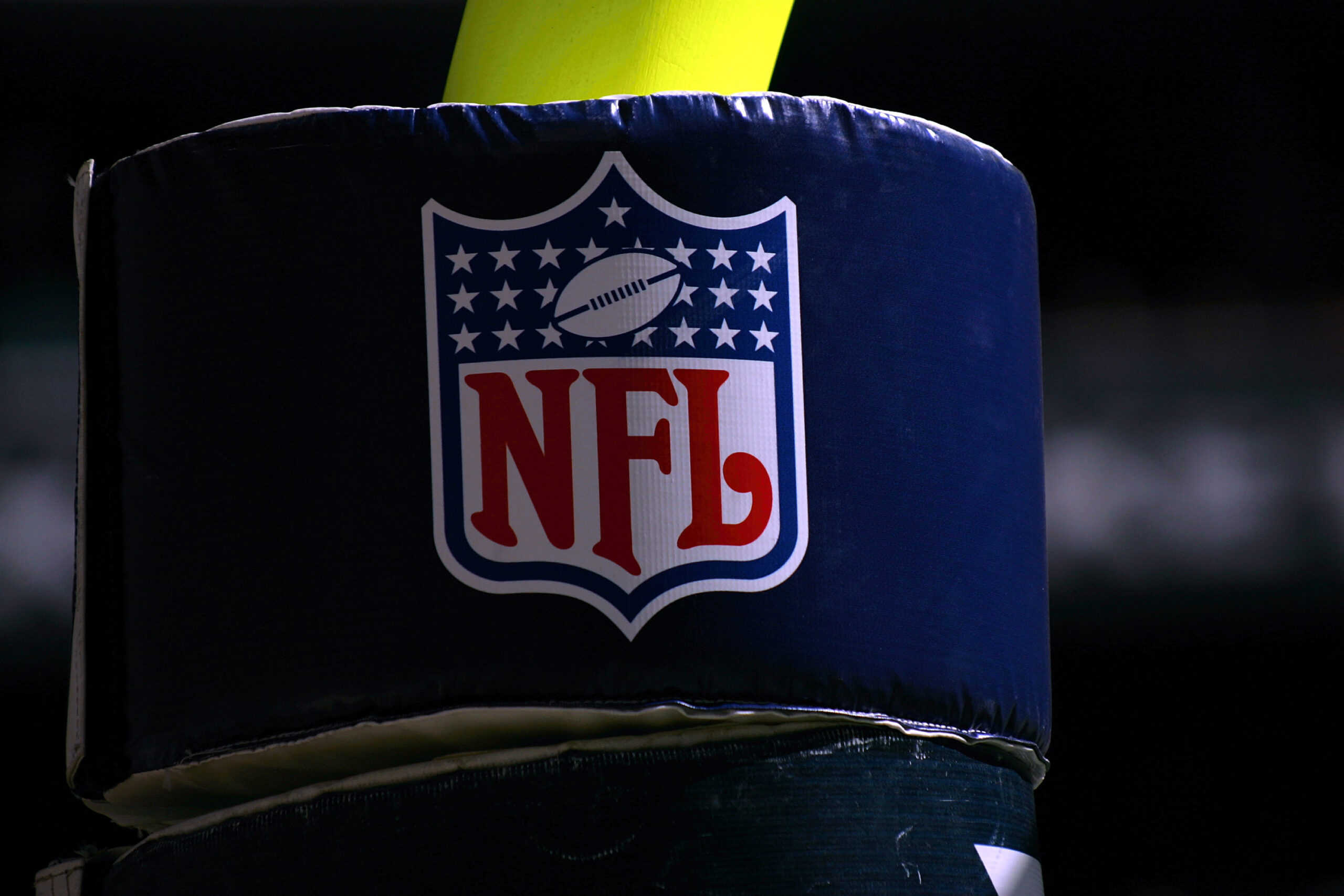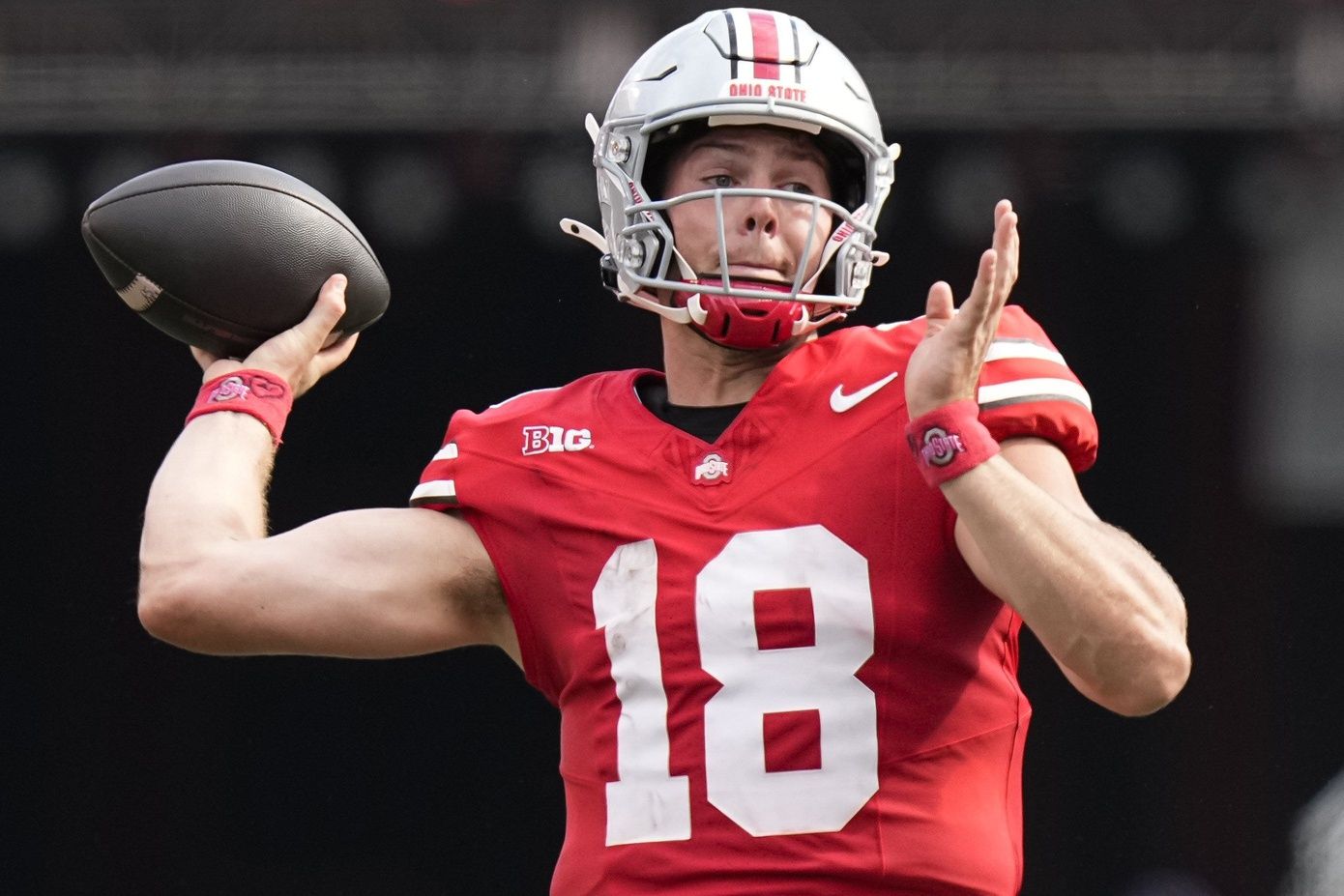[ad_1]
“If you don’t change things, can you expect things to change?” Rivera said.
Rivera will call plays on defense. Richard Rodgers, Washington’s senior defensive assistant/safeties coach, will assist with game-planning, and Cristian Garcia, a third-year NFL assistant, will be the interim defensive backs coach.
But what will change in the final five games? How much will the firings impact the play of the defense and the team’s results?
The Washington Post examined the in-season coordinator changes in the NFL since 2010 to see what effects they had. Multiple variables were at play for every team — quarterback, personnel, schedule, injuries and more — so final records don’t tie directly to coordinators and their replacements. But for a team such as Washington, seeking a spark with a midseason firing, the results yield interesting clues.
Some positive effects on defense
In general, midseason coordinator changes are rare: Since 2010, 38 teams have had multiple offensive or defensive coordinators during a regular season, according to the website TruMedia’s game logs. Some of those changes occurred after head coaches were fired and coordinators were elevated to interim roles, or when interim coaches changed their staffs.
Teams have replaced offensive coordinators during the season about twice as often as they have defensive coordinators. This season, three teams have fired their offensive coordinators — the Las Vegas Raiders’ Mick Lombardi, the Buffalo Bills’ Ken Dorsey and the Pittsburgh Steelers’ Matt Canada — and two teams have changed their defensive coordinators. In addition to Del Rio, the Chicago Bears’ Alan Williams resigned in September.
But changes on the defensive side appear to have had more of a positive effect, according to some performance metrics.
From 2010 to 2022, just eight teams had multiple defensive coordinators in a season while maintaining the same head coach. In only one instance (the 2012 Philadelphia Eagles) did the team’s defense regress significantly in major statistical categories, per TruMedia. For the most part, replacement defensive coordinators helped their units improve. Most teams held opponents to fewer yards per game and allowed fewer points after an in-season change, in addition to tallying a better average defensive expected points added.
But coordinator changes often happened on teams that were already struggling, and marginal progress from one unit did little to boost overall results. Replacements on the eight teams that had midseason defensive coordinator changes had a combined 15-37 record. No team that fired its defensive coordinator during the season since 2010 had a winning record with its replacement coordinator. Two teams — the 2020 Jets and the 2015 Saints — were .500 after the firings.
In 2018, Cincinnati Bengals Coach Marvin Lewis fired his defensive coordinator, Teryl Austin, after the unit gave up more than 450 yards per game through a 5-4 start. Lewis took over play-calling duties, and in the final seven games, the Bengals gave up an average of 361 yards. But the team still won just once during that stretch, and Lewis was fired after the season.
Uneven results on offense
Midseason offensive coordinator changes have led to more uneven results. Of the teams that fired offensive coordinators midseason since 2010, only about half showed positive improvements in several major statistical categories.
The 2017 Bengals were among the teams to fare the best. After setting a record as the first NFL team since 1939 to fail to score a touchdown in their opening two home games, Cincinnati fired Ken Zampese as offensive coordinator and named quarterbacks coach Bill Lazor as his replacement. (Zampese is now a senior offensive assistant/game management coach for the Commanders.) The Bengals went 7-7 in their remaining 14 games and saw noticeable improvement in yards per game, scoring and offensive EPA average.
The 2015 St. Louis Rams and 2015 Detroit Lions also fared well after firing their offensive coordinators, improving their average points, EPA and winning percentage.
The 2021 New York Giants took a much different path.
After a 3-7 start, they fired Jason Garrett and named Freddie Kitchens as the interim coordinator and play-caller. The team averaged 86 fewer yards per game, and its scoring dropped by nine points per game. The Giants went 1-6 with Kitchens, and a new coaching staff was brought in after the season.
Rivera was tangentially a part of another failed coordinator swap. When the Carolina Panthers fired him in 2019 and Panthers offensive coordinator Norv Turner was reassigned to another role, Scott Turner took over the offensive play-calling, and Perry Fewell served as interim coach. The Panthers went 0-4 and suffered drops in scoring and EPA.
What’s next for the Commanders
So if most in-season coordinator changes typically provide only marginal improvement, if any improvement at all, why do teams make them?
The reasons vary. In some instances, pressure from ownership may dictate the decisions. In others, the change alone feels necessary to salvage the season.
When the Steelers fired Canada and appointed running backs coach Eddie Faulkner the interim offensive coordinator and Mike Sullivan the primary play-caller, Coach Mike Tomlin said he made the move without discussing it with ownership.
“This is a results-oriented business,” he told reporters, “and to be short, the improvements were not rapid enough or consistent enough for us to proceed.”
It was the first time since 1941 that the Steelers fired a coordinator in season, according to ESPN.
When the Bills fired Dorsey and named Joe Brady their interim offensive coordinator, Coach Sean McDermott echoed Rivera’s sentiment.
“Just felt like it was time for a change,” McDermott told reporters. “You know, we need to be a confident offensive football team and find consistent production, and that’s really what it came down to.”
The burdens the moves place on the players are often overlooked. In Washington, the mere talk of an impending change became a regular storyline this season.
“That’s probably one of the biggest distractions that we don’t need,” running back Brian Robinson Jr. said after Thursday’s loss at Dallas. “We’re already going through what we’re going through. So I feel like it’s a distraction to focus on that. We need to focus on what’s going to make us a better team and just … continue working at that.”
For some, the skepticism that a coaching change can bring a marked benefit is born of experience.
“Just because you make changes here or there doesn’t necessarily impact the result all the time,” said receiver Terry McLaurin, who was a rookie in 2019 when Washington fired Coach Jay Gruden after an o-5 start. “I’m not in those types of discussions. But I think even my rookie year when we had some changes, we still had ups and downs.”
Rivera has his own experience coaching through in-season changes.
In 2008, after the San Diego Chargers fell to 3-5 to start the season, Norv Turner fired his defensive coordinator and appointed Rivera, his inside linebackers coach, as the replacement. Over the remaining eight games, the Chargers’ defense allowed fewer yards and points per game and improved its average defensive EPA. The team went 5-3 over that stretch and clinched the AFC West. Rivera stayed on as coordinator for another two seasons, and in 201o, the Chargers ranked among the league’s top five in total yards allowed, rushing yards allowed, passing yards allowed, sacks and opponent third-down conversion rate. Rivera was hired as the Panthers’ coach the following season.
It’s plausible that Rivera will return to his San Diego roots as he tries to restore Washington’s defense. Without getting into many details Friday, he said that more than just the coaching change will be different in Washington over its final five games.
“When I say differently, it’d be from my perspective, the way I do things,” he said. “Jack did a great job, and … I was in line with the things that he did. … There are some things, too, that I have different opinions on, and those are things that I’m going to do differently.”
The changes probably won’t stop there; six of the eight teams that fired defensive coordinators during the season since 2010 (and didn’t also have an interim coach that season) changed coaches the year after. Commanders owner Josh Harris said he planned to spend much of his first year of ownership observing and analyzing the operations. But nothing is guaranteed beyond this season, and after four mediocre seasons under Rivera’s watch, it’s likely that sweeping changes — to the football and business operations — will arrive in Washington at season’s end.
But first, the Commanders’ defensive staff must get through the final five games, with a daunting test to start: the Miami Dolphins.
“This is probably the thing that I felt was necessary to do to hopefully get out of this rut and get to a point where we can play to our abilities,” Rivera said. “ … We’ll come back on Monday and start preparing and getting ready.”
[ad_2]
Source link
This website aggregates and curates news articles, blog posts, and other content from a variety of external sources. While we aim to link back to the original source, this site does not own or claim ownership of any articles, posts, or other content indexed on this site. The views, opinions, and factual statements expressed in each piece of aggregated content belong solely to its respective author and publisher. We make no representations or warranties regarding the accuracy or completeness of aggregated content. Visitors are advised to verify facts and claims through the original source before reuse or redistribution.



